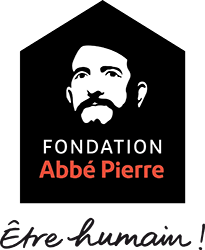The Abbé Pierre Foundation and FEANTSA published their Sixth Overview of Housing Exclusion in Europe on 6 May 2021. This latest report focuses on young people, who are worse affected by housing exclusion than other groups, especially when they are poor, which was the case even before the pandemic took hold. The report also takes stock of the wave of poverty that has engulfed Europe more than a year after the pandemic began. Difficult housing conditions have a negative impact on young people's pathway to independence.
The full report can be read here.
The report also includes a chapter on rent control in the EU:
The sharp rise in rents in the private sector, particularly in cities with a strained rental market, is increasingly affecting European citizens who have to pay more and more for housing. In this context, rent regulations have been a key short-term measure in housing policies in conjunction with other public policy instruments. This chapter tries to explain how International and European human rights law establish that the guarantee of the right to housing is not compatible with a deregulated system in which the state delegates its responsibility to private markets without the necessary safeguards. When public authorities do regulate the rental market, they have to strike the right balance between the landlord's right to property and the tenant's right to housing.
At present, different methods of regulation coexist in most European countries. While housing remains primarily a State responsibility, also municipalities are playing a key role in this area. In the chapter, several European systems are examined: France, Germany, Denmark, Spain and Belgium.
The chapter on rent control can be found here.




